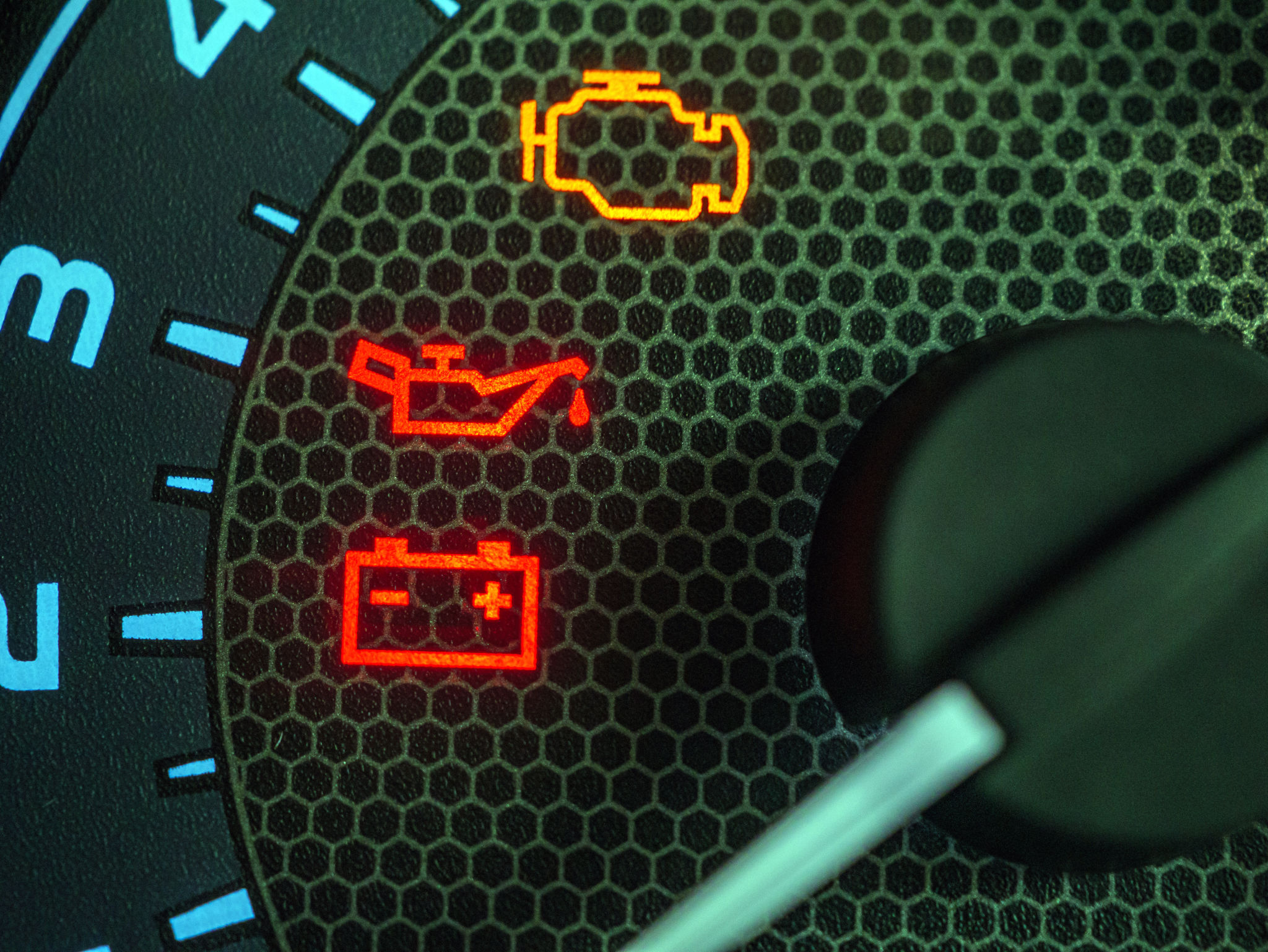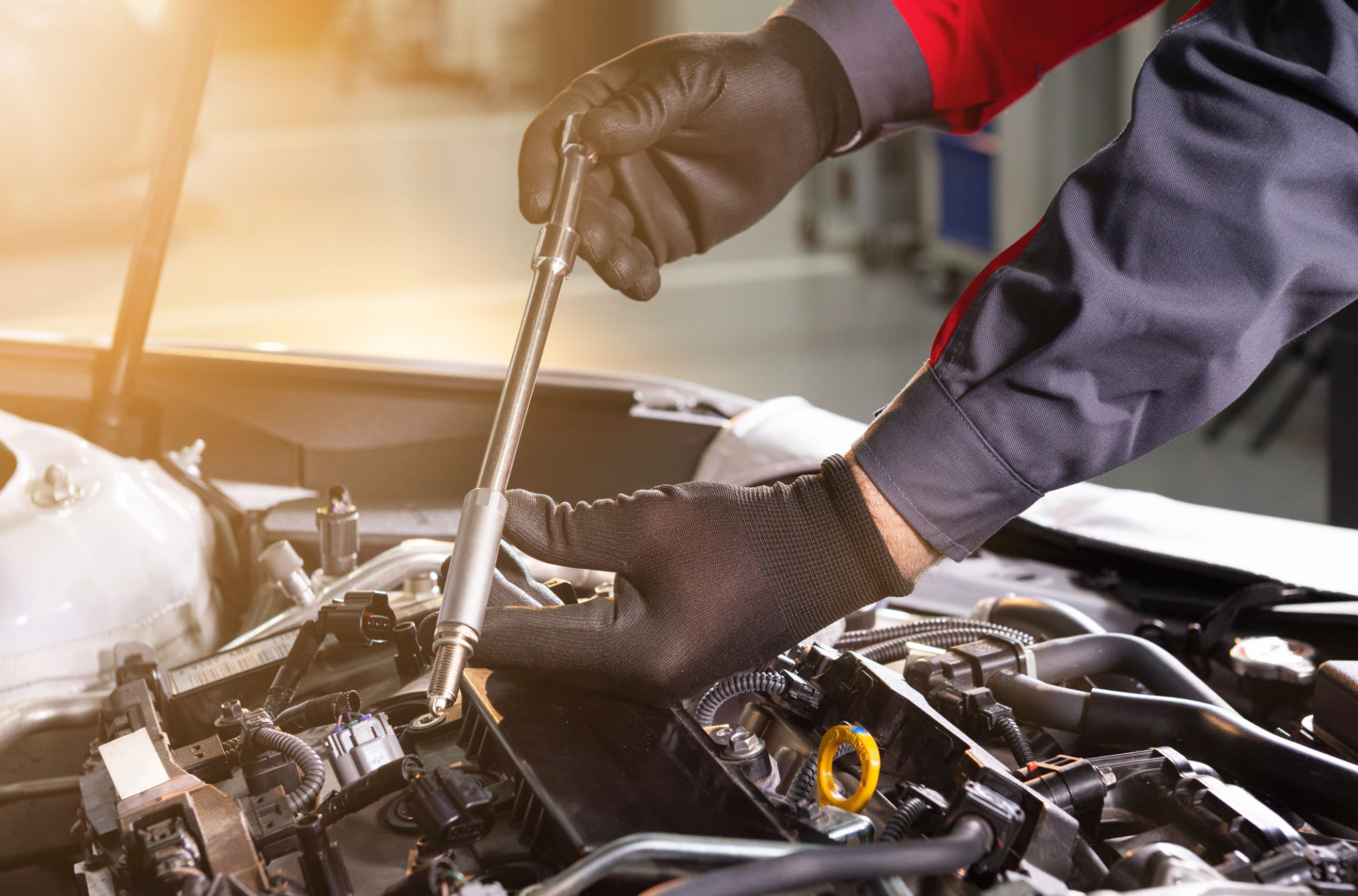The Importance of Regular Dashboard Indicator Checks for Car Longevity
Understanding Your Dashboard Indicators
Every modern vehicle is equipped with a dashboard that provides essential information about the car's current status. These indicators are designed to alert drivers to potential issues, ensuring safety and efficiency on the road. Understanding what each light and symbol means is crucial for maintaining your vehicle's health.
Dashboard indicators can range from simple notifications, like a reminder to refill windshield washer fluid, to urgent alerts, such as an overheating engine. Regularly checking these indicators can help prevent minor issues from becoming major problems. Ignoring these signals could lead to costly repairs or even compromise your safety.

The Role of Regular Checks in Car Longevity
Performing regular checks on your car's dashboard indicators is essential for achieving maximum longevity. By addressing issues promptly, you can extend the life of your vehicle and enhance its performance. Regular maintenance not only helps in catching problems early but also keeps your car running smoothly and efficiently.
For example, if your check engine light illuminates, it's a warning that something needs attention. Whether it's a loose gas cap or something more serious like a malfunctioning oxygen sensor, taking timely action can prevent further damage. This proactive approach can significantly increase your car's lifespan.

Common Dashboard Indicators and What They Mean
To effectively manage your vehicle's health, it's important to familiarize yourself with common dashboard indicators:
- Check Engine Light: Indicates potential issues with the engine or emissions system.
- Oil Pressure Warning: Alerts you to low oil pressure, which can damage the engine.
- Battery Alert: Signals a potential problem with the car's charging system.
- Tire Pressure Monitoring System (TPMS): Warns of low tire pressure, which can affect handling and fuel efficiency.
Benefits of Addressing Dashboard Alerts Promptly
Addressing dashboard alerts promptly offers several benefits beyond just extending your car's life. It helps in maintaining optimal fuel efficiency, ensuring safety, and preserving the vehicle’s resale value. Regular checks and maintenance can also provide peace of mind, knowing you're doing everything possible to keep your car in top condition.

Additionally, staying on top of these indicators can save you money in the long run. By preventing small issues from escalating into major repairs, you can avoid unexpected expenses and keep your vehicle running smoothly.
Tips for Regular Dashboard Check Routine
Incorporating regular dashboard checks into your routine doesn't have to be complicated. Here are a few tips to help you stay on top of your vehicle's health:
- Create a Schedule: Set reminders for routine checks and stick to them.
- Educate Yourself: Familiarize yourself with your car's manual to understand each indicator.
- Seek Professional Help: Don't hesitate to consult a mechanic if you're unsure about any warning light.
By making dashboard indicator checks a regular part of your car maintenance routine, you ensure not only the longevity of your vehicle but also your safety on the road. Being proactive in addressing these alerts can save you time, money, and stress in the future.
